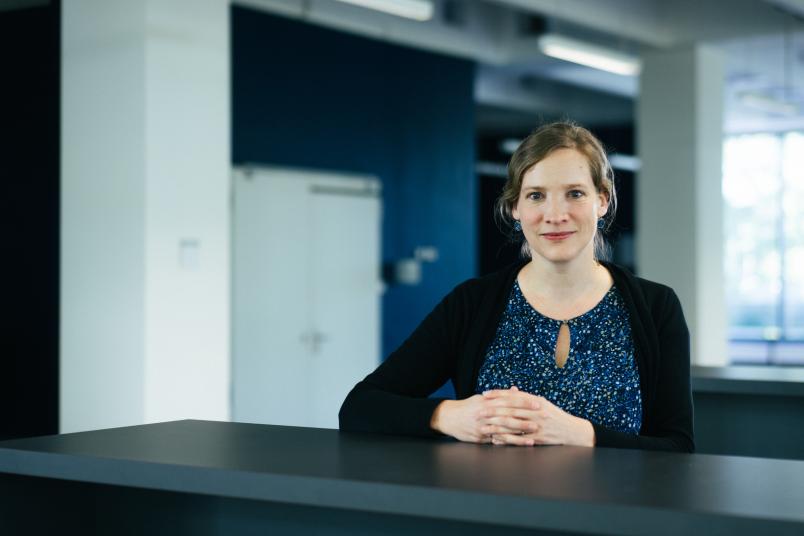
Maike Luhmann will be funded by the European Research Council over five years.
EU Funding
What Makes Places Lonely?
In an ERC Consolidator Grant, Maike Luhmann is exploring how places relate to loneliness. She also hopes to find out how loneliness can be combated.
Are there any places where people feel particularly lonely or where they don’t feel lonely at all? Professor Maike Luhmann argues that the relationship between place and loneliness should be described in dynamic terms. What one person finds lonely, another may find inviting. A place that seems desolate to one person on one day may seem completely different on another day or at another time. In her project “Loneliness Across Time And Space” (LOTIS), Luhmann, a professor of psychological methods at Ruhr University Bochum, Germany, is putting this dynamic relationship into a new theoretical framework, while incorporating people’s mobility patterns at the same time. The project is funded by the European Research Council ERC with a Consolidator Grant of approximately 2 million euros over five years.
How often, for how long, and in what order are places visited?
“I propose a new theoretical model that links a person’s present loneliness to their subjective perception of the places where they spend time in the course of the day,” explains Maike Luhmann. “I also assume that the perception of places is in turn shaped by the objective, observable characteristics of the place and the characteristics of the person. Their mobility patterns also play a role, i.e. how often, for how long and in what order the person visits certain places.”
In her ERC project, the researcher will first develop a taxonomy that enables a systematic and comprehensive description of the perceived characteristics of places. In the citizen science part of the project, these descriptions will then be applied to places in the city of Bochum. In addition, the project includes a longitudinal study in which participants track their location via GPS and record their perceptions of their current location and current feelings of loneliness four times over three years. In lab and field experiments, Maike Luhmann will also analyze the causal processes that link space and loneliness.
“The findings from LOTIS can eventually be used to develop evidence-based interventions and public policies to combat loneliness,” concludes the psychologist.